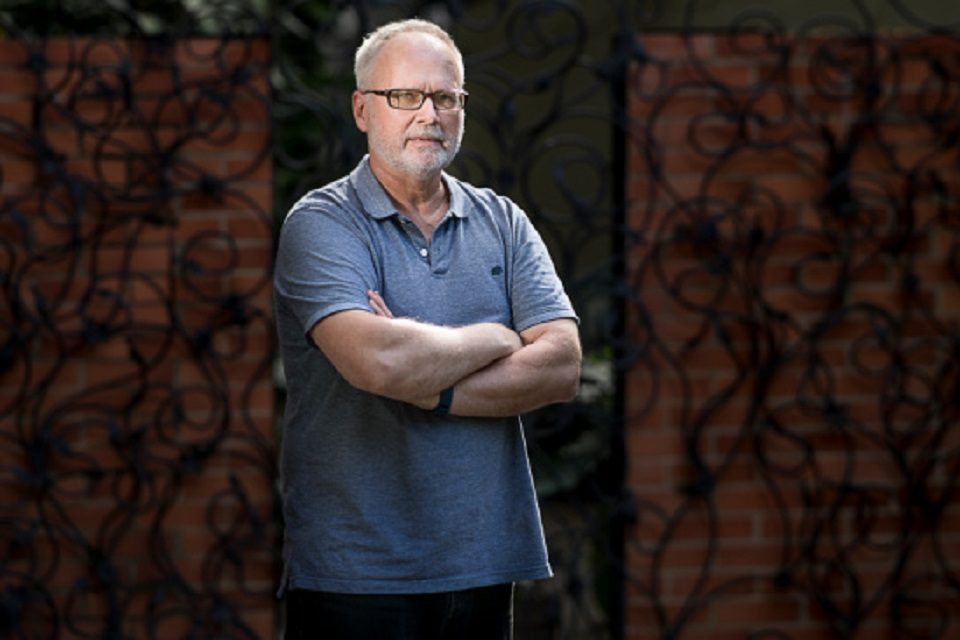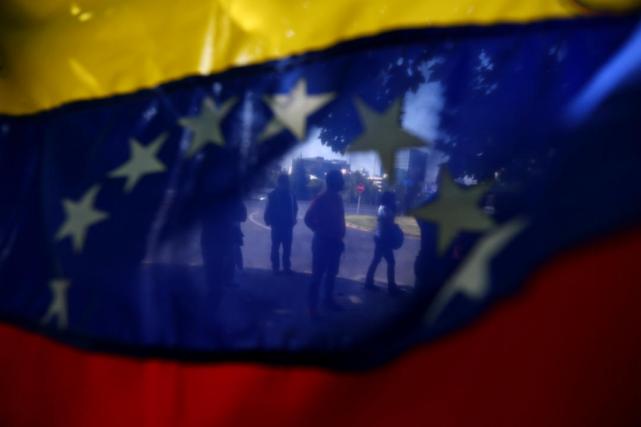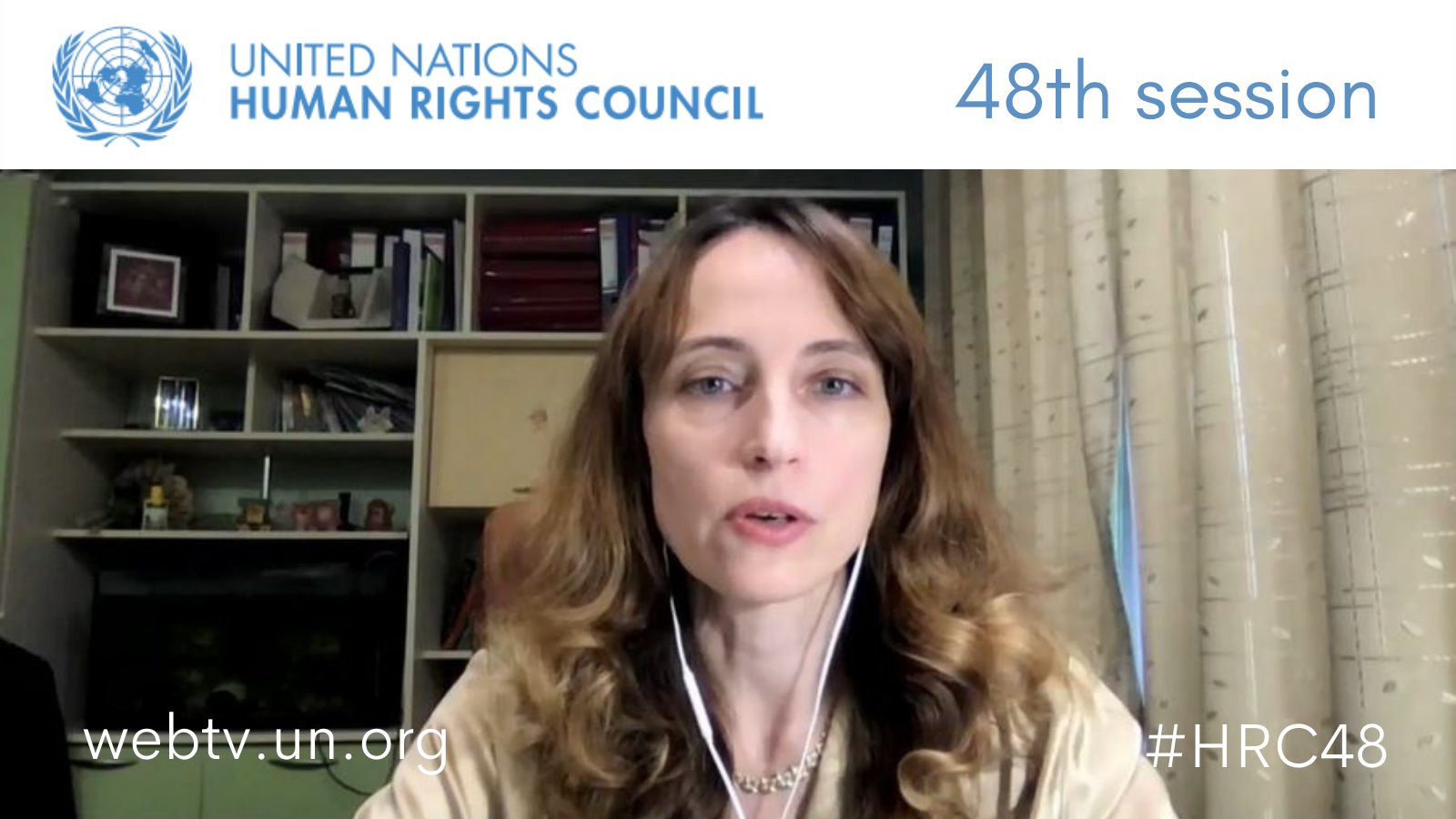A great diversity of cultures converges in Venezuela, giving birth to what is ours, the autochthonous, what makes us one and gives meaning to our identity as Venezuelans. Likewise, history teaches us that much of that diversity comes from our indigenous and Afro-descendant ancestors, the latter settled in the Americas because they were transplanted and enslaved.
The narrative of Afro-Venezuelan history is fragmented and even overshadowed, which significantly impacts the awareness of blackness amongst Venezuelans. Thus, erroneous perceptions of the Afro-Venezuelan population (one of the most vulnerable and underrepresented today) are perpetuated.
For this reason, it is essential to have spaces where discussions about Venezuelan blackness are expanded, which allow us to rethink our identity and educate ourselves about this reality. This is the mission of Gisette Rosas, a Venezuelan audiovisual producer that gives life and voice to Negra Como Yo, a podcast that seeks to promote blackness and Afro-Latinx culture, especially among Afro-Latina women in the world.
This project was born in Barcelona, Spain, a city that for six years has allowed Gisette to explore and exchange aspects of numerous cultures that led her to recognize that issues such as racism are not openly addressed in Venezuela because the existence of prejudices and micro-aggressions suffered daily by black people is ignored.
Expressions that have been normalized in Venezuelan culture haunted Gisette during her life in Caricuao, such as those that referred to her “pelo malo” (bad hair- a term used throughout Latin America to refer to curly, Afro hair). However, these gave her motivation to vindicate Afro hair and initiate discussions that she addresses in her podcast, a unique space for these issues in a country that prefers to turn a blind eye when it comes to racism.
Negra Como Yo is a podcast that inspires and shares experiences about Latin American blackness, narrated from the perspective of its protagonists -black people who are leaders in the community- using testimonies as the best weapon for reflection and questioning against racial issues that persist in the region.

How did you start working on Afro activism? From your beginnings up to this day.
I started creating content for YouTube, and I began growing more interested in the topic. Then I decided to create the accounts and reserved the names on social networks. I spent a lot of time (like 2 years) working on it, slowly and step by step. Finally, in 2019, I officially started the podcast and released it in December. And this what I’ve done up to this day. Learning every day and studying tirelessly.
Why did you choose the podcast format to convey your message? How does the production of a podcast that touches relevant social issues work?
I have always been a faithful follower of podcasts; I have listened to them since approximately 2017. I’m a fan of a project called “Radio Ambulante” by NPR, where they tell stories of Latinos who broke schemes or changed the lives of others. I loved that format, but I wanted to do something more pop, digestible, and enjoyable. I faithfully believe that these issues are better absorbed when we speak from empathy and not from conflict. Producing a podcast with social content is very challenging because you have to take care of what is said and how it is said and, looking for guests is a challenge. Not everyone is prepared to talk about these issues.
In your work as an activist on the podcast @negracomoyo, what are the stories that have surprised you the most? Which ones deserve more attention?
There are all kinds of things, from people with small businesses, body-positive activists, historians, creatives, everything. My favorites episodes are the ones with anecdotes have been similar to what I experienced, like when I interviewed Luta Cruz, Edna Liliana Valencia, or Shirley Campbell Barr, from whom I also learned a lot about activism.
It is generally ignored or denied that there is racism and colorism in Venezuela. The influence of these on our ways of thinking tends to be diminished, and they are often attitudes camouflaged with a layer of humor or more explicit yearnings to “improve the race.” What learnings have you had in your communication work that have helped to dismantle these narratives and ignorance?
There is nothing more powerful than someone’s testimony. Having people telling their stories makes us reflect, question ourselves, and change the perspective from which we see the world. Connecting from an honest, vulnerable, and sincere story helps us notice diverse realities with a different approach. That has been the best lesson I have learned so far—the guests’ very own story.
We know the importance of feeling represented in society. From your perspective, which Venezuelan personalities play an active role in representing Afro-Venezuelans?
Some people are doing a great job, but unfortunately, they don’t have platforms or sufficient recognition. Betsayda Machado has taken Afro-Venezuelan culture and music around the world. Eduardo Rodriguez is a model in Mexico. Dalay Urbina is a professor and researcher. Even the case of Professor Enrique Alí González at CISCUVE.
The Venezuelan educational curriculum still has a limited perspective on the Afro-Venezuelan population, focused on specific cultural aspects. However, our history is much broader and deeper than what the State and society itself recognize. What initiatives seek to document our history better? How can the narrative about what Venezuela is can be influenced to include all the people who live here?
I think that the situation in the country is not leaving room for investigations to be carried out correctly; this has a great influence. Nobody wants to think about identity when their priority is to provide food for their families. However, the fact that people with Afro roots maintain their traditions with what little budget they have is enough. This is the case of the brotherhoods of the Dancing Devils of Yare and organizations in every corner of the country, who take care of their expression and folklore. Teachers could include more Afro narratives in schools, talk about these issues at home, draw family trees with children, bring diversity under the spotlight. Everyone can do a lot from their possibilities, especially if we start to question everything. Do not believe everything you hear.

A few weeks ago, a debate on Twitter mentioned that “the history of Afro-Venezuelan culture is born and dies in slavery”, another manifestation of the debate taking place in the country about Afro-Venezuelan culture. What do you think about this?
WHAT?!!! Who said that? (*insert indignation face*) I think whoever said that is full of ignorance. Afro history in Venezuela continues to beat every minute. Most musical and cultural manifestations in Venezuela have Afro roots. Our gastronomy is full of flavors and aromas inherited from Africa, brought by the diaspora. It is unfortunate when they want to talk about these issues looking for conflict and wanting to be right. But that is also an individual condition and a decision that only changes if you really want to.
How does it feel to know that your message is reaching out to people and your goal of inspiring the empowerment of our Afro roots is penetrating the people who listen to you or read you on a daily basis?
I feel very honored because I never thought that this project would have such outreach. But I also feel a significant commitment because I am afraid of being wrong. I keep learning little by little, day by day. There are people out there waiting for you to screw up, especially regarding these issues. Fortunately, and I hope it stays like this, I have not experienced it yet. So my heart is full of gratitude and pride.
How would you evaluate the human rights situation of the Afro-Venezuelan population?
Uy! That’s a big question. I do not know that there are studies or open investigations in this regard. I think that this issue already affects us all, some more than others. Human rights have nothing to do with skin color in Venezuela. It is essential to recognize that most imprisoned people are Afro-descendants, but this is a structural issue that brings prejudice and has been normalized in society for a long time.
Faced with an eventual process of re-democratization, what would be the essential elements for the new Venezuelan democracy to be truly inclusive and multiracial?
That would be a dream come true for many. In the event that this happens (we trust it will), it is important to create diverse decision-making spaces. From gender identity through physical conditions, ethnic identity, and the elderly. That each decision has or touches the diversity filter is the most important thing. For many years in European countries, all these aspects have been taken into account, although we still see some disagreements at the communicational level. Turning diversity into a concern is already a big step.
What message do you leave for the people in Venezuela who want to do social activism from their own spaces?
That they start from the smallest to the greatest. People with social sensitivity sometimes want to see exponential, massive, and structural changes. The reality is that these changes start at home, analyzing our day-to-day behavior, language, and how we treat our neighbor, everything is important. Focusing on ourselves creates more changes than hoping to change the world with just one outrageous, populist action.

Translated by: Pascual Diaz




